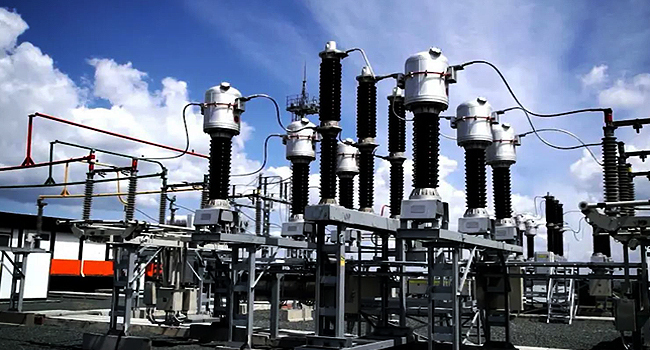Headlines
Thursday’s Grid Collapse Caused by Sudden Frequency Rise, Recovery Underway – TCN

The Transmission Company of Nigeria (TCN) reports that a sudden frequency rise led to Thursday’s national grid collapse, with recovery efforts actively in progress. Get insights into the cause and the steps for restoration.
The Transmission Company of Nigeria (TCN) has determined that a sudden increase in frequency from 50.33Hz to 51.44Hz is responsible for the recent National grid collapse on Thursday.
According to TCN spokesperson Ndidi Mbah, disruptions at the grid began around 11:29 a.m. on Thursday morning, marking the second occurrence in three days.
Mbah stated that recovery efforts commenced without delay, with the Abuja Axis being restored in just 28 minutes. He also mentioned that recovery operations are still underway.
The TCN additionally revealed that the frequency spike resulted from problems at one of our substations, which needed to be shut down to avoid further complications.
The company mentioned that it is actively involved in major repair work on several key transmission lines and substations.
This encompasses the 330kV transmission lines along the Shiroro–Mando axis, significant upgrades at the Jebba Transmission Substation, and the reinstatement of the second Ugwuaji–Apir 330kV transmission line.
READ ALSO: National Grid Restored After Temporary Disturbance, Confirms TCN
Additionally, after submitting the investigative report on the causes of past grid collapses, we have started addressing the identified weaknesses in the transmission system.
Efforts are underway to address the gaps identified in the report and improve the grid’s overall stability and resilience. These initiatives involve both technical upgrades and strategic actions guided by the committee’s recommendations.
The statement partially read, “It’s crucial to recognize that some system instability may continue while repairs and improvements are in progress until all major work is finished. We understand the inconvenience caused by these disruptions and kindly ask for the public’s patience and understanding during this challenging time.”
The company stated that it is dedicated to enhancing the reliability of electricity supply, acknowledging the crucial role stable power plays in Nigeria’s socio-economic development.
“We want to assure the public that we are implementing all necessary measures to guarantee the grid’s long-term stability, in accordance with the investigative committee’s recommendations. Additionally, we are addressing infrastructure issues like vandalized transmission lines,” it added.
Thursday’s development contributes to the increasing number of grid collapses in the country.
On Tuesday, numerous regions in Nigeria experienced blackouts due to a system collapse. Millions of households were left without power as they awaited the complete restoration of the system.
The TCN attributed the incident to a series of line and generator trips that destabilized the grid, resulting in a partial system disruption.
